Wild Math
Wild Math was created by Rachel Tidd, a passionate advocate for integrating outdoor experiences with core academic subjects like math. She developed the Wild Math curriculum to leverage the natural environment as an interactive and multisensory classroom, aiming to make math both engaging and relatable for children. This approach comes from Rachel's profound appreciation for the outdoors, rooted in her experiences in the scenic Finger Lakes Region of New York. Her curriculum stands out as it does not use traditional worksheets but instead employs natural materials and the outdoor setting as learning tools, making concepts more tangible and enjoyable for students (Wild Learning).
Differentiation: What Makes Wild Math Special
What sets Wild Math apart is its unique integration of the natural environment into learning math concepts. The curriculum is designed for K-5 grades and encompasses hands-on activities using materials like sticks, rocks, and mud pies to teach everything from fractions to place values. Unlike conventional curriculums that rely heavily on textbooks and online platforms, Wild Math encourages learning through physical activities outdoors, promoting not just academic learning but also physical health and a deep appreciation for nature (Wild Learning).
How to Get Started
To begin using Wild Math, you can purchase the curriculum directly from the Wild Learning website. Each grade level comes with a full year's worth of lesson plans and activities that are readily accessible through digital downloads. Starting is as simple as choosing the appropriate grade level and integrating the provided activities into your daily or weekly schedule (Wild Learning).
How It Works
Wild Math is structured to be flexible yet comprehensive. The curriculum includes weekly lesson plans which can be adapted to fit your schedule, making it easy to implement whether you prefer a structured approach or something more fluid. Daily time commitments can vary, but activities are designed to be engaging and hands-on, typically involving 30 to 60 minutes of outdoor interaction. This curriculum works well both as a standalone math program or as a supplement to traditional math lessons, providing a refreshing break from more formal learning environments (Wild Learning).
Educational Subjects Included
Counting and Cardinality
Place Value
Patterns and Symmetry
Basic Operations (Addition, Subtraction)
Advanced Operations (Multiplication, Division)
Fractions and Decimals
Measurement and Data
Geometry
What's Good About It
Users of Wild Math often praise its ability to make learning active and fun. The curriculum's use of the outdoors as a classroom helps maintain children's interest and makes abstract math concepts more concrete. Parents appreciate the flexibility in scheduling and the ease with which they can incorporate lessons into daily outdoor play. The lack of reliance on traditional worksheets is also seen as a benefit, as it allows children to learn through exploration and direct interaction with their environment (Wild Learning).
What Could Be Improved
While the concept of outdoor learning is widely applauded, some parents find the need for outdoor space and materials a bit challenging, especially in urban settings. Additionally, the weather can sometimes hinder the regular use of the curriculum as intended. Some users have suggested that including more indoor alternatives or weather-adaptable activities could enhance its usability during less favorable conditions (Wild Learning).
Advice from Parents
Many parents recommend starting with small, manageable activities to gradually integrate outdoor math learning into your routine. They suggest being flexible and open to adjusting the curriculum to your child's interests and the available resources. Including a mix of Wild Math activities with traditional methods can also help maintain a balanced educational experience throughout the year (Wild Learning).
Who It's an Ideal Fit For
Wild Math is ideal for families who value experiential learning and are able to spend time outdoors. It suits children who thrive in a hands-on learning environment and those who may feel restricted by traditional classroom settings. It's also well-suited for homeschooling parents looking for creative ways to teach math that also encourage physical activity and nature exploration (Wild Learning).
Who It’s Probably Not a Fit For
This curriculum may not be suitable for families without easy access to outdoor spaces, or for those in climates where outdoor activities are not feasible year-round. Additionally, parents who prefer a more structured, traditional approach to math that heavily utilizes textbooks and online resources might find Wild Math less fitting (Wild Learning).
Grades:
Wild Math is designed for children in kindergarten through fifth grade.
Cost:
The cost for Wild Math curricula ranges from $28 to $32 per grade level .
Ways to Get It:
Wild Math can be purchased directly through the Wild Learning website. Each curriculum is offered as a digital download, allowing for immediate access upon purchase.
Affiliate Disclaimer: Some links on our site are affiliate links, which means Modulo may earn a small commission if you purchase through them (at no cost to you). Rest assured, we only recommend resources we’ve rigorously vetted and truly love—affiliate link or not. Thank you so much for supporting our work!
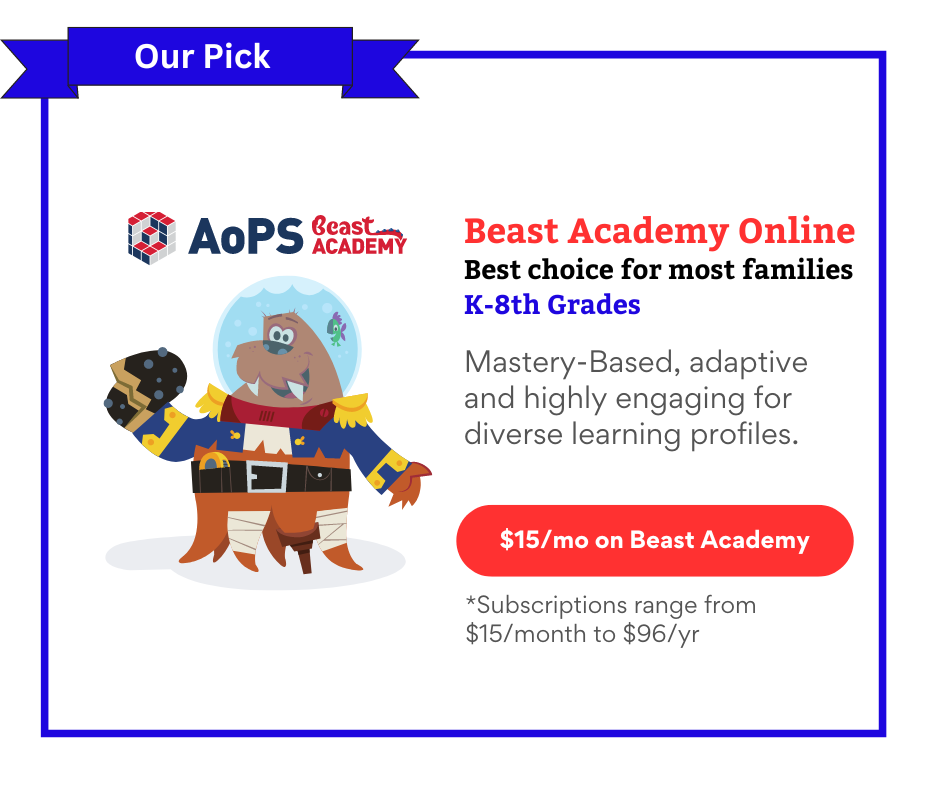
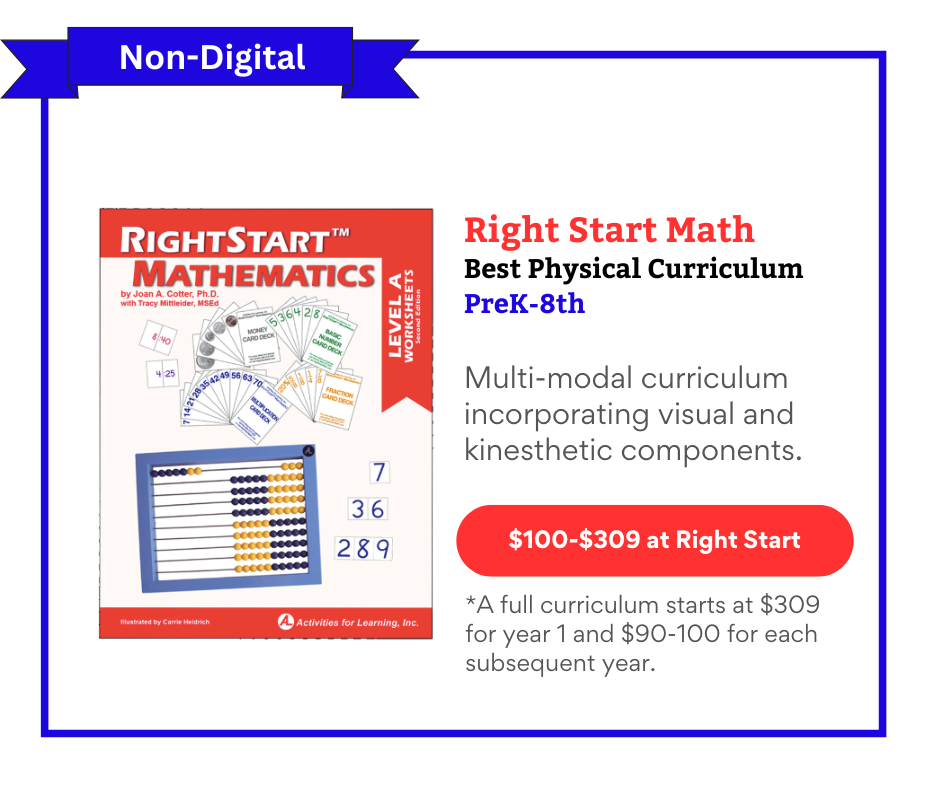

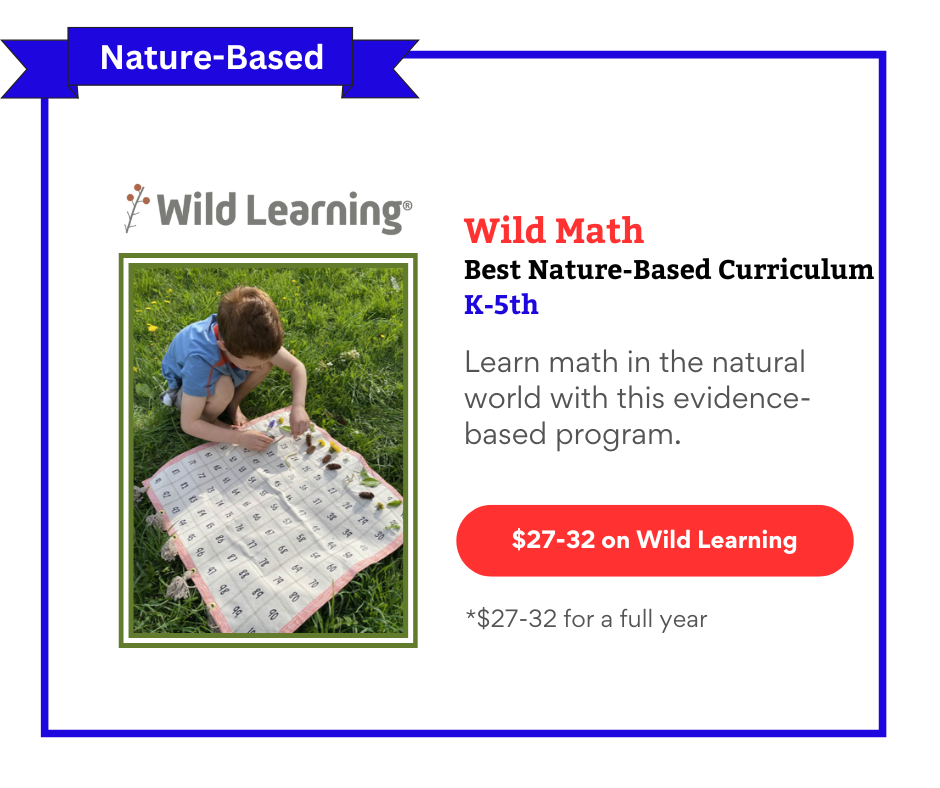
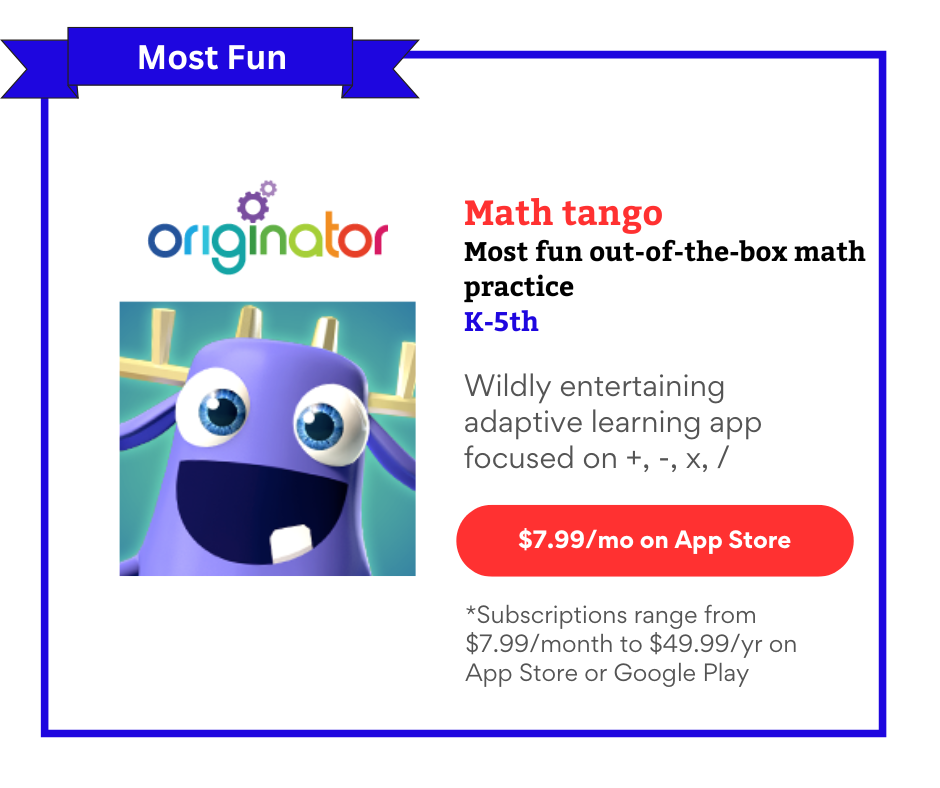
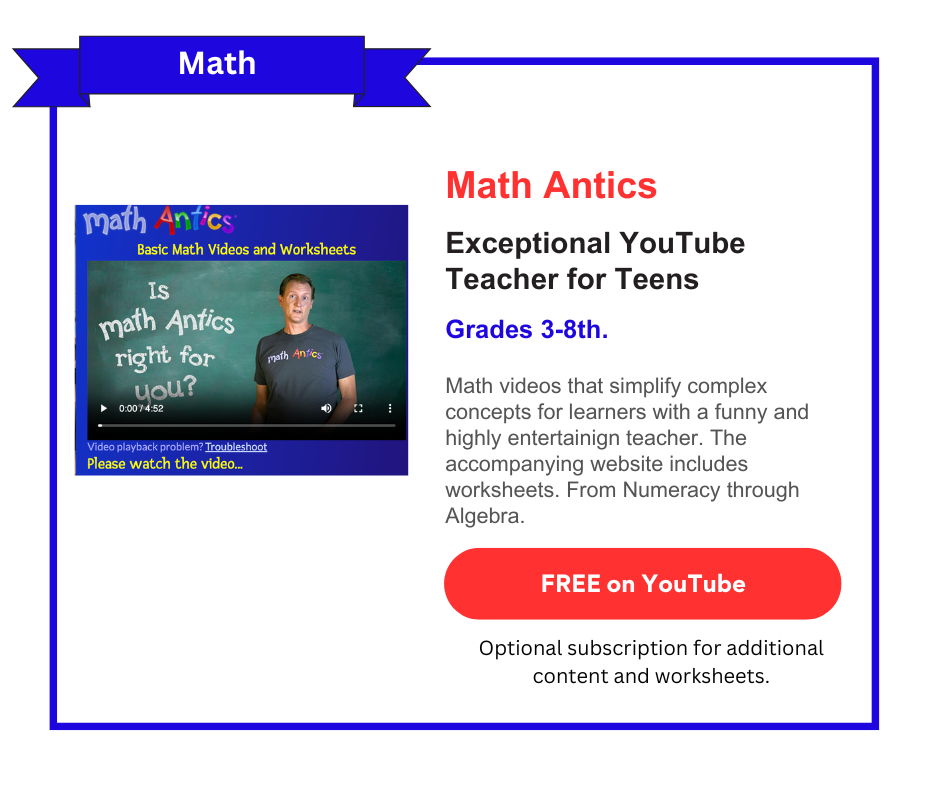
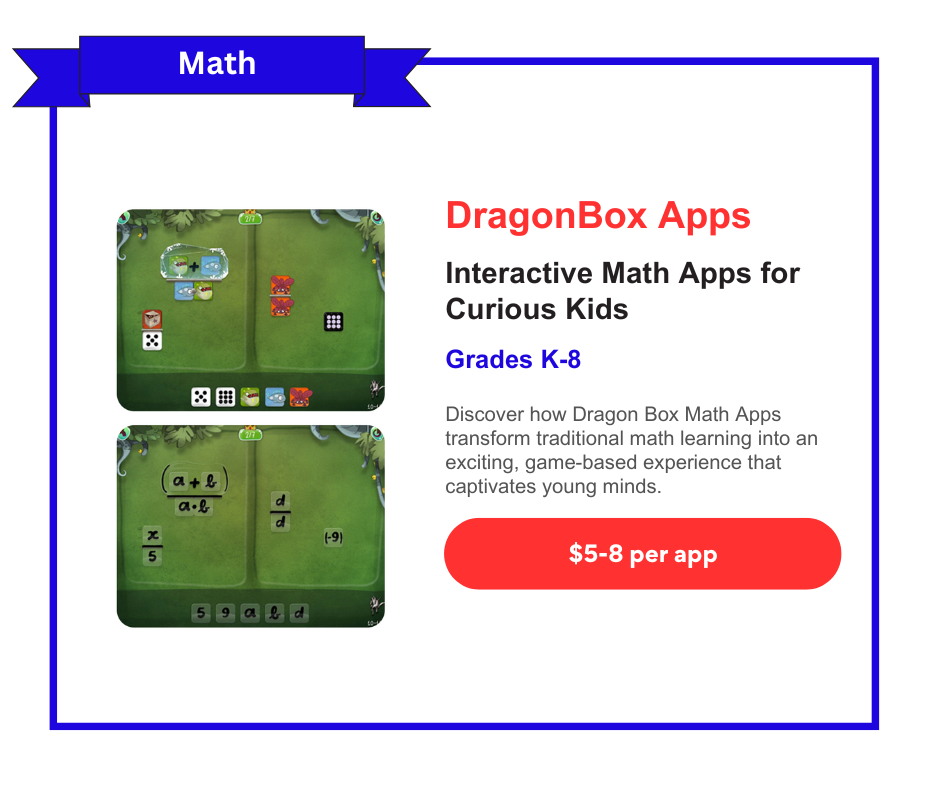
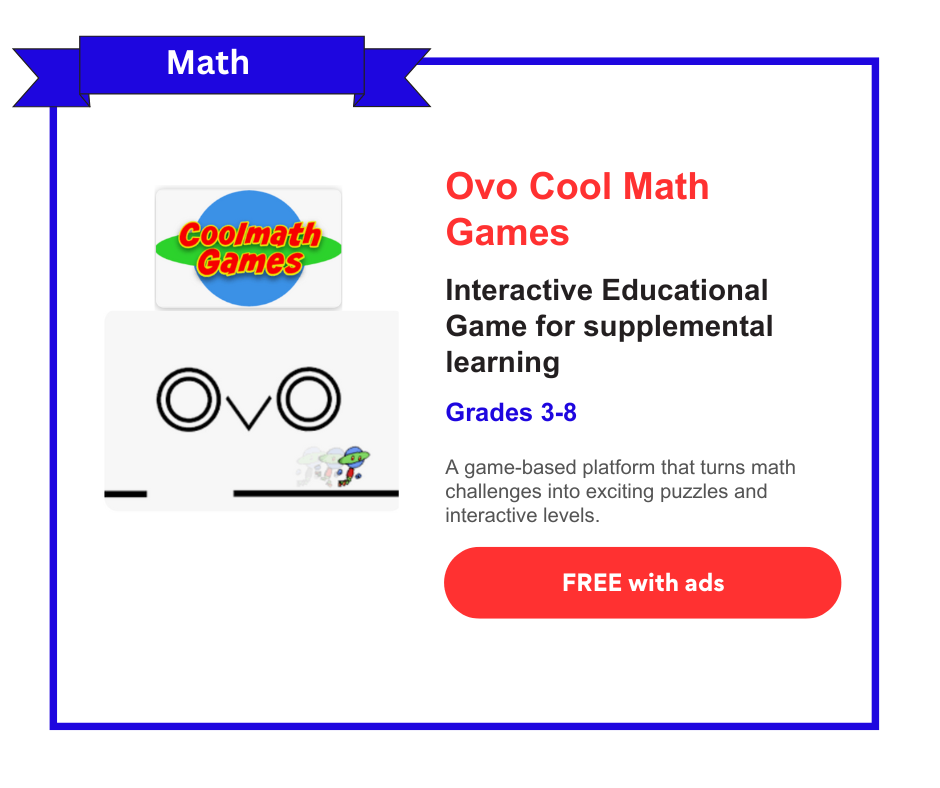
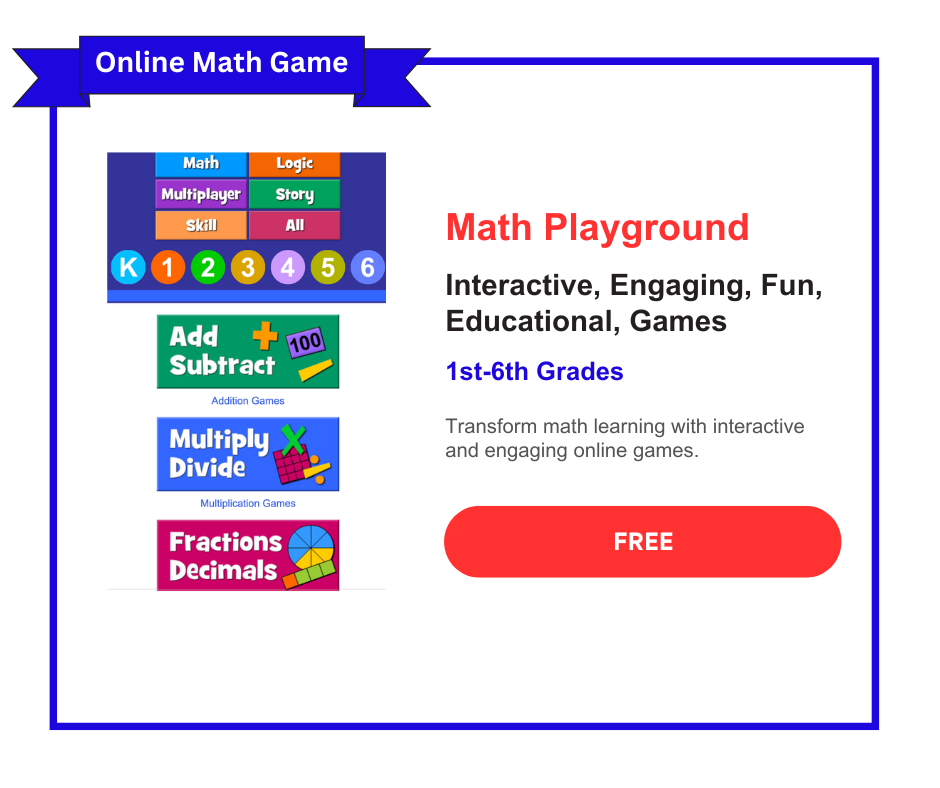

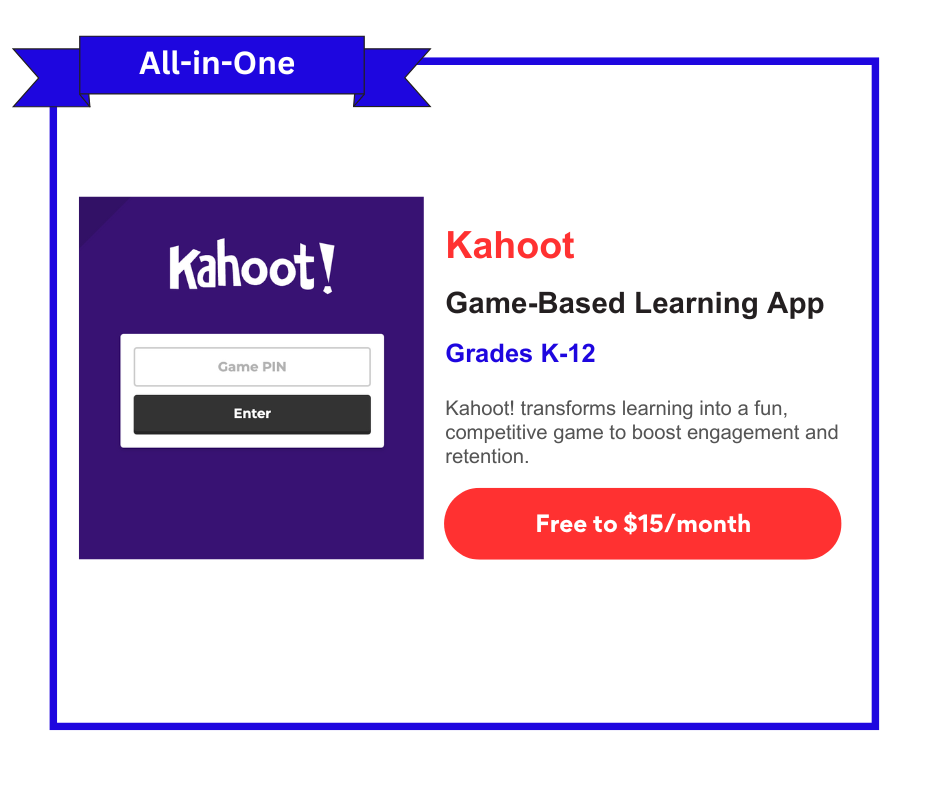
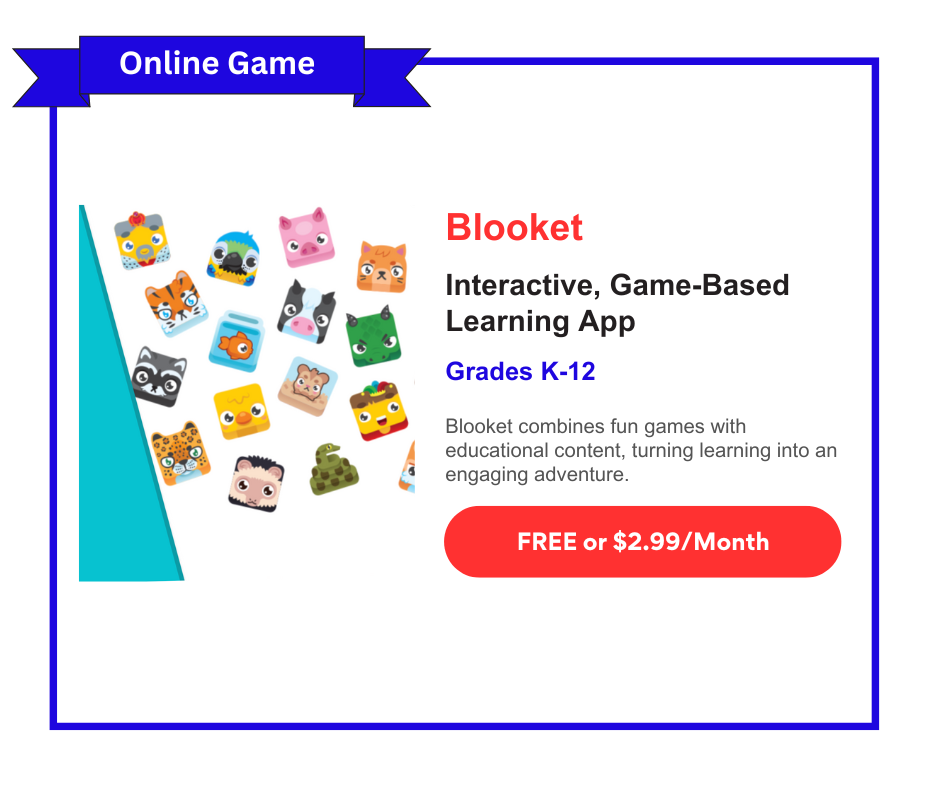
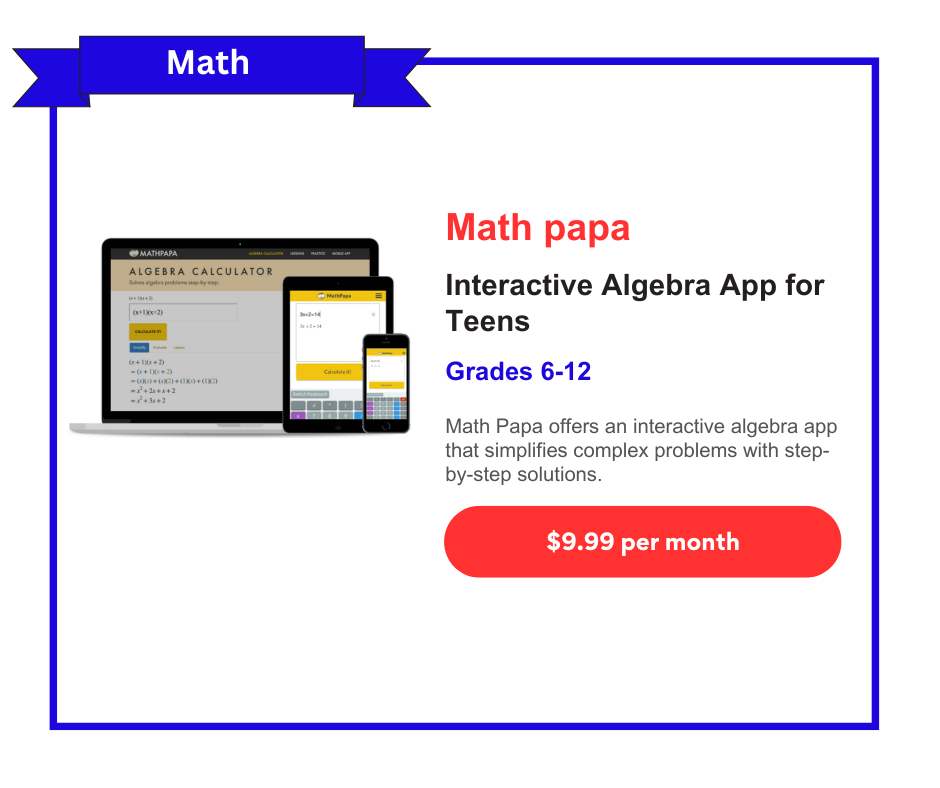
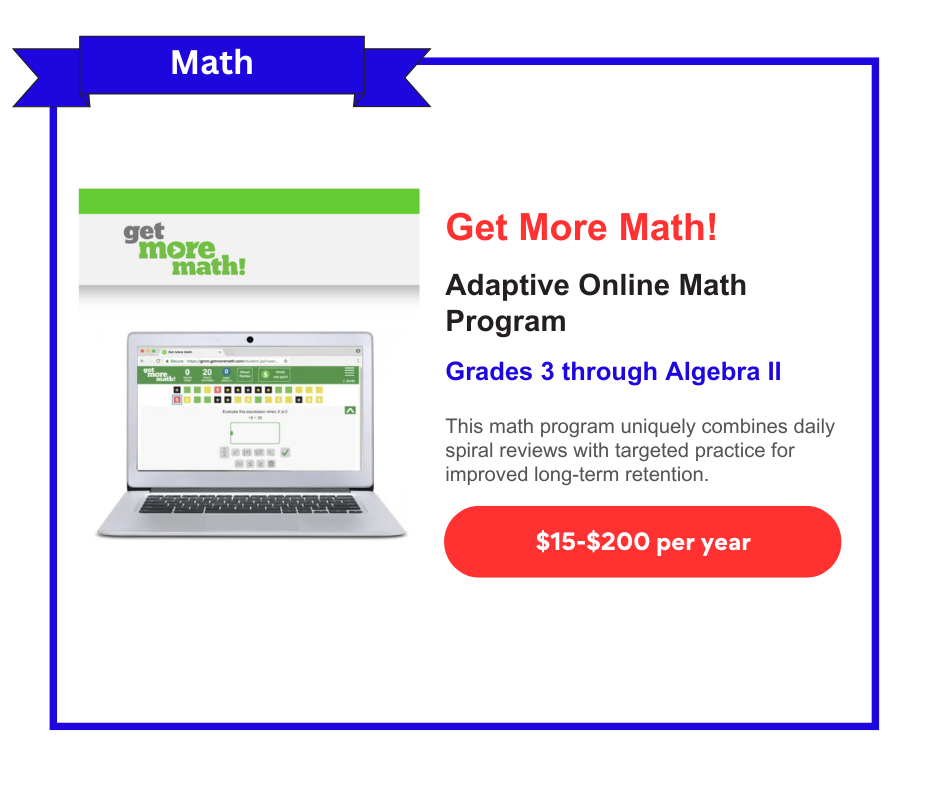
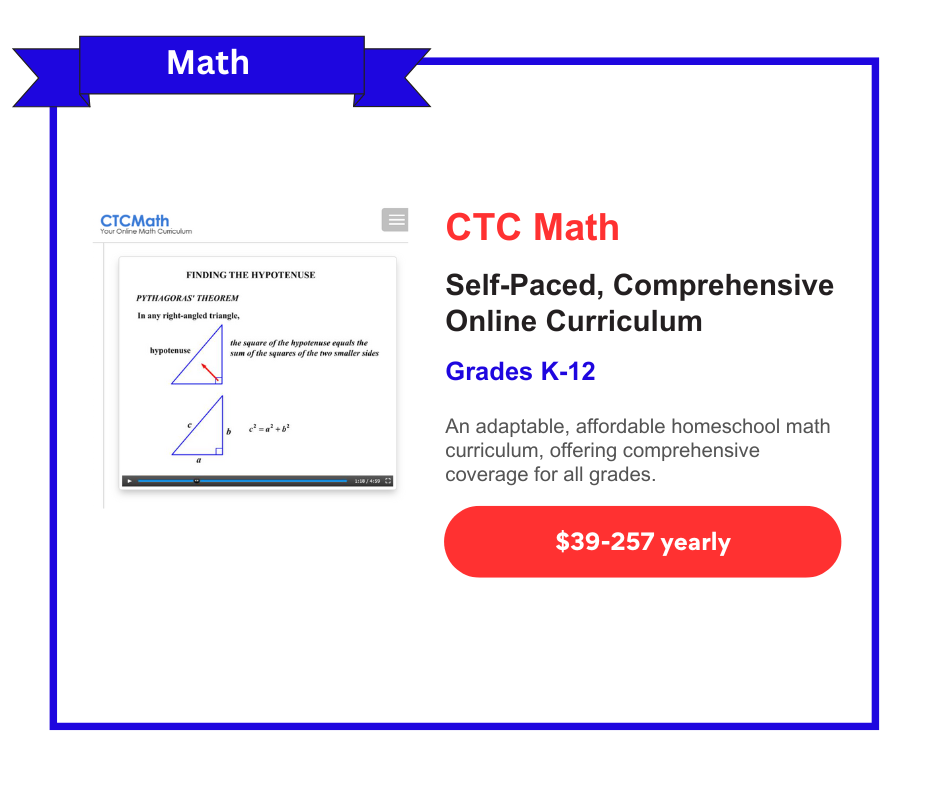
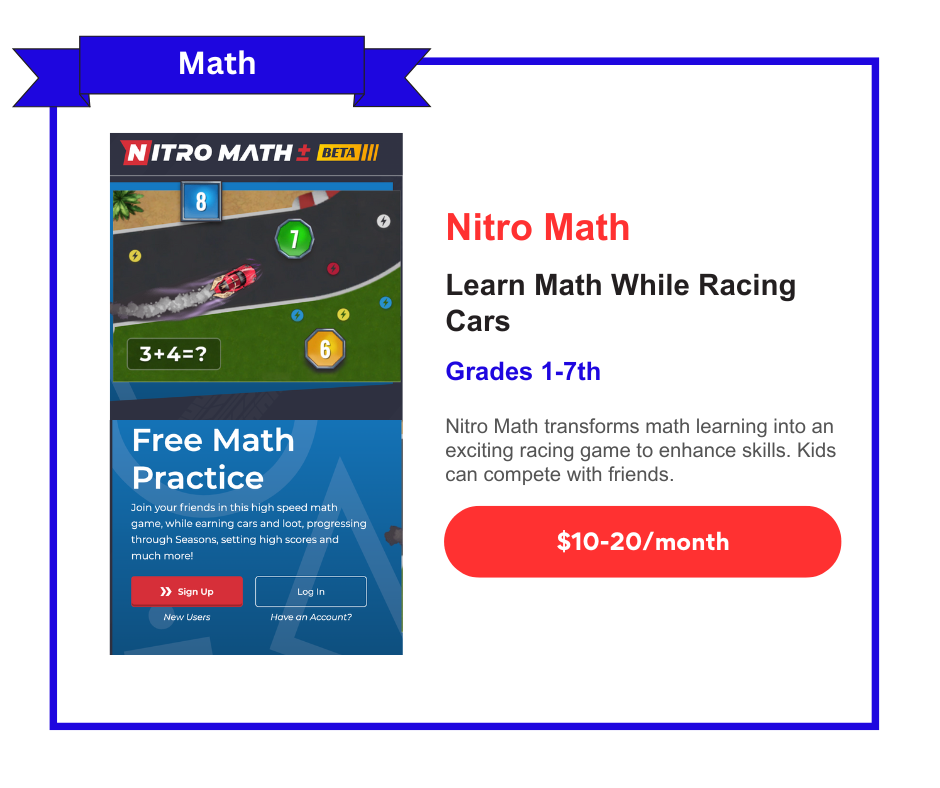
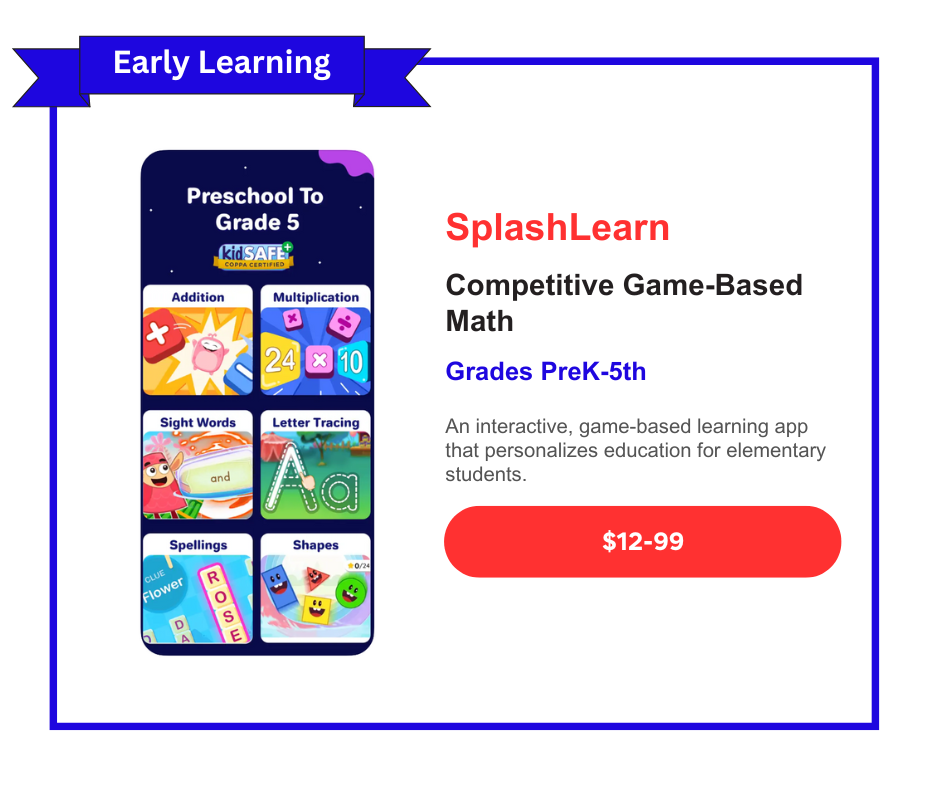
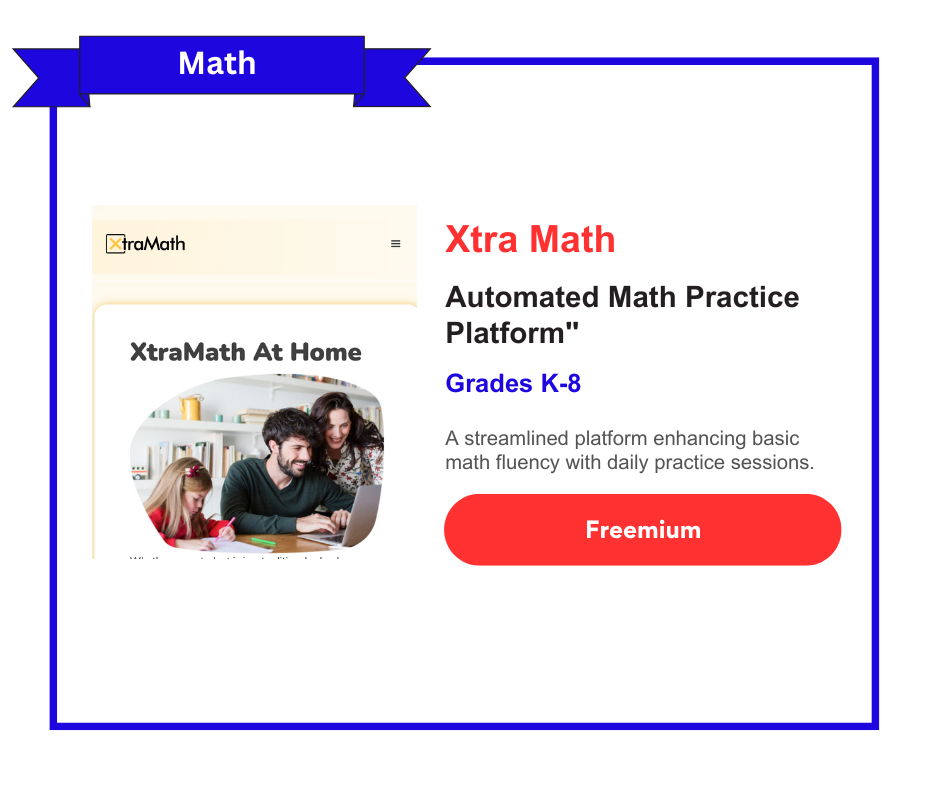
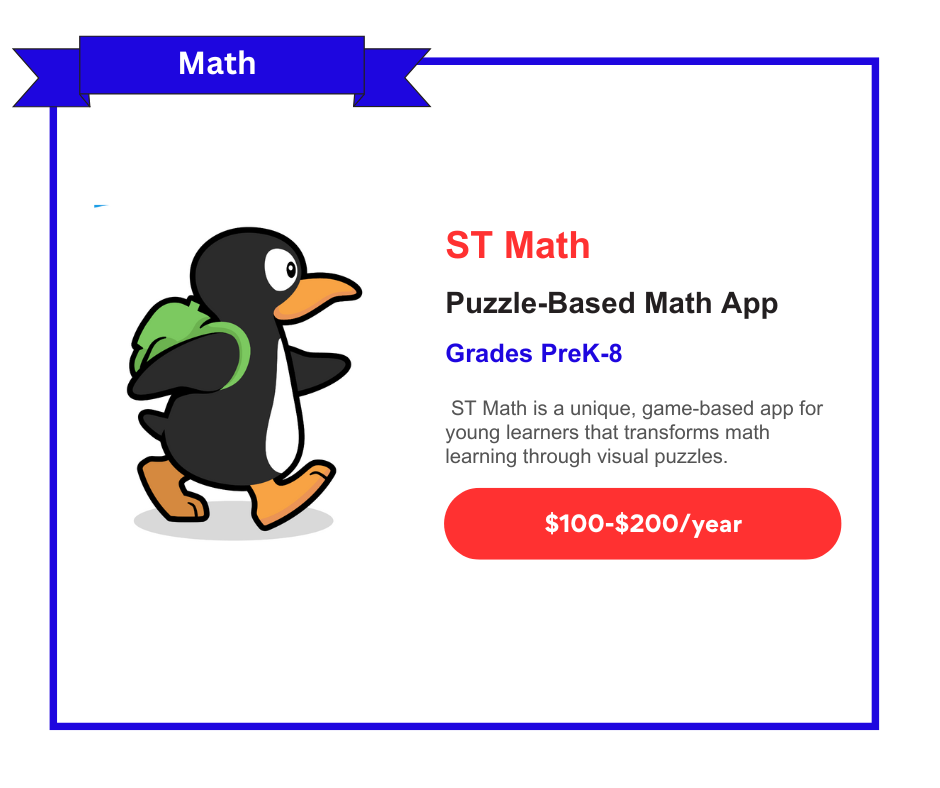
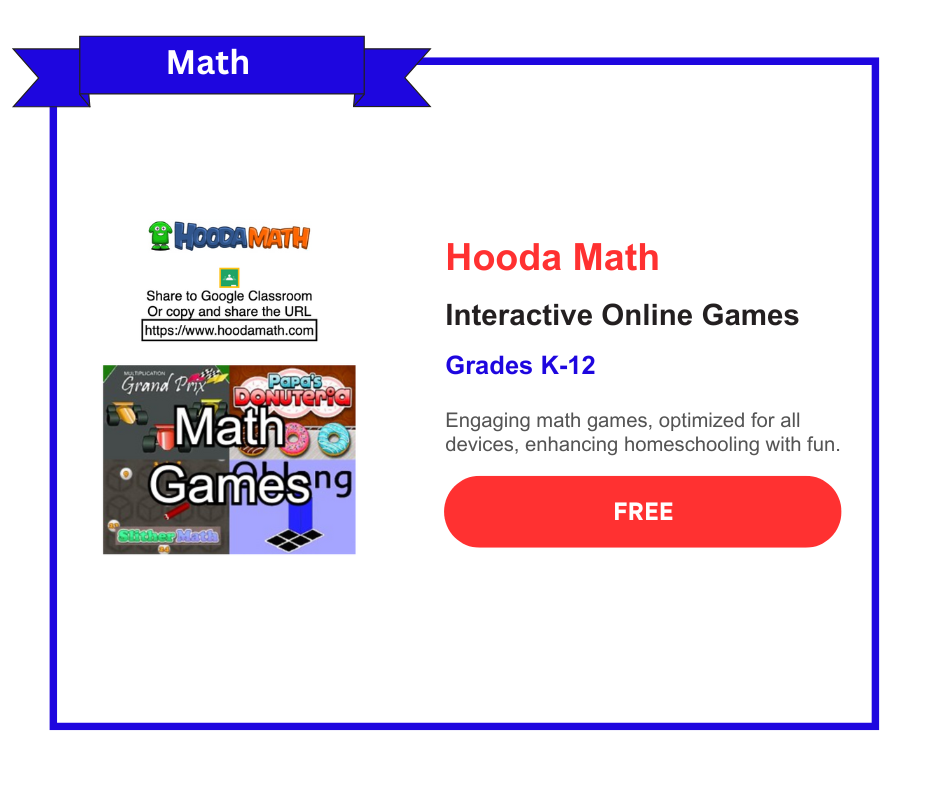
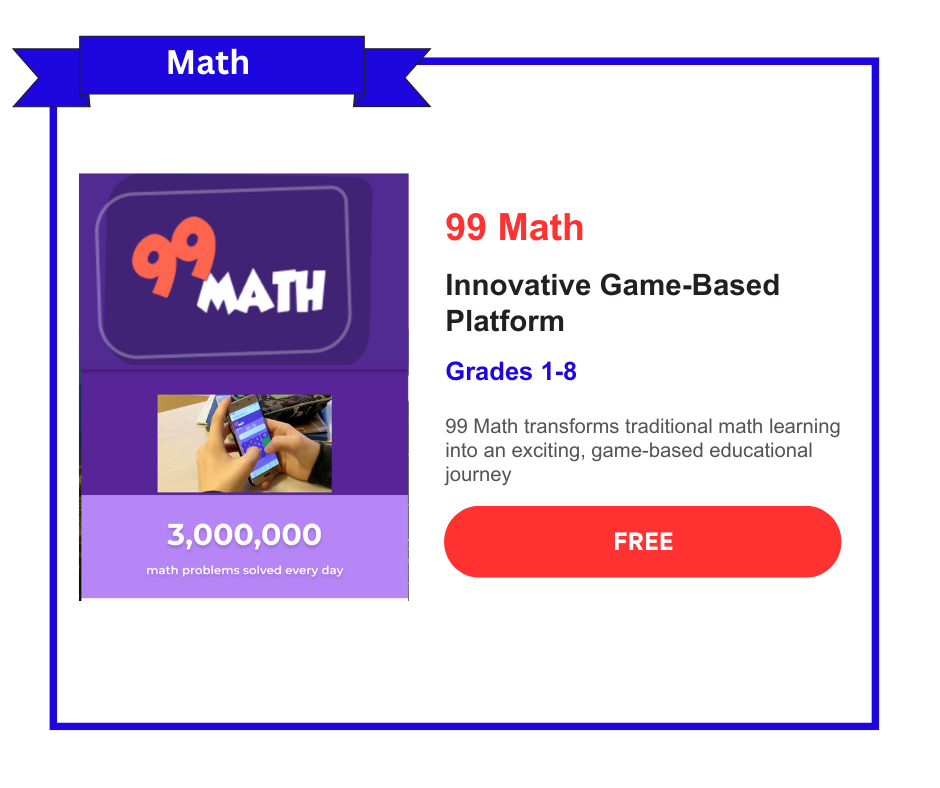
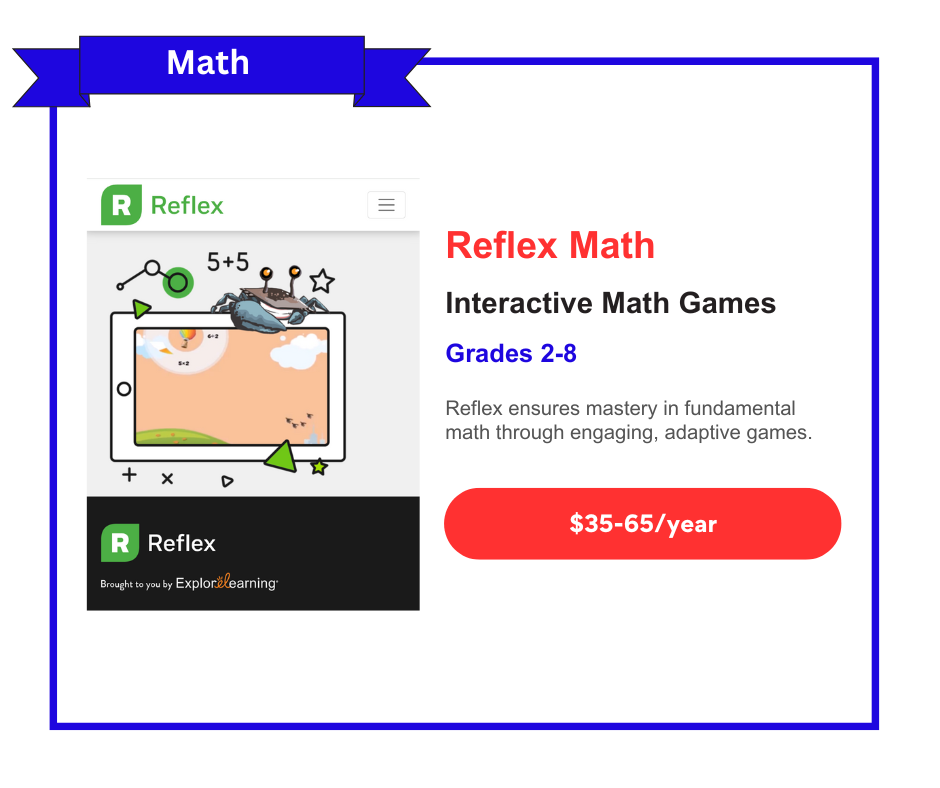

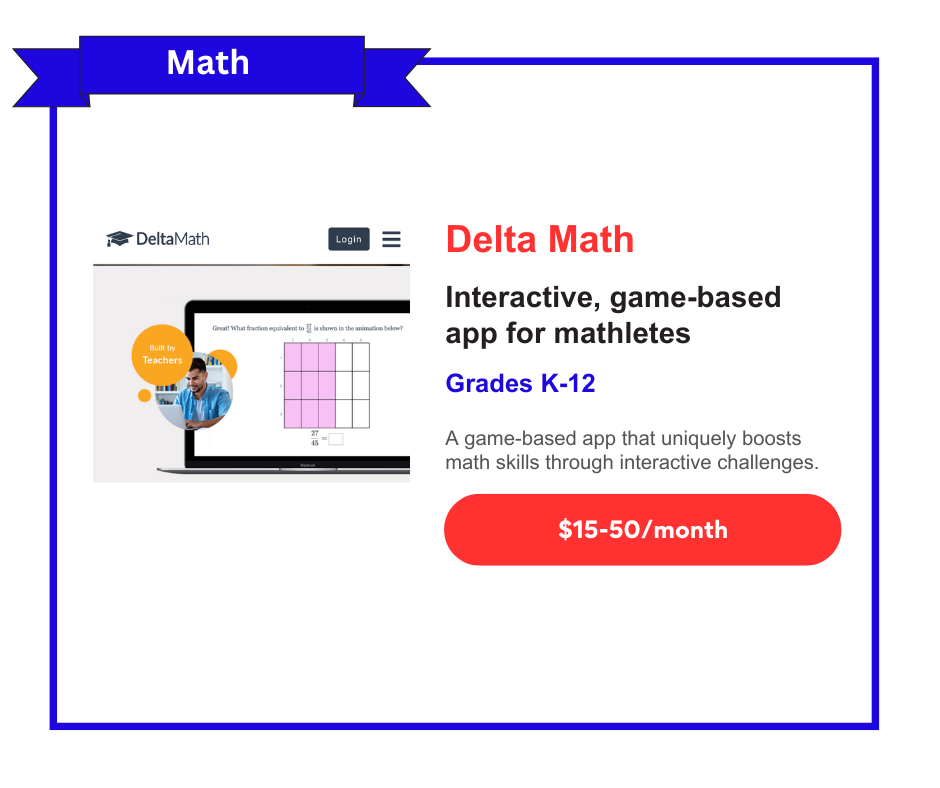
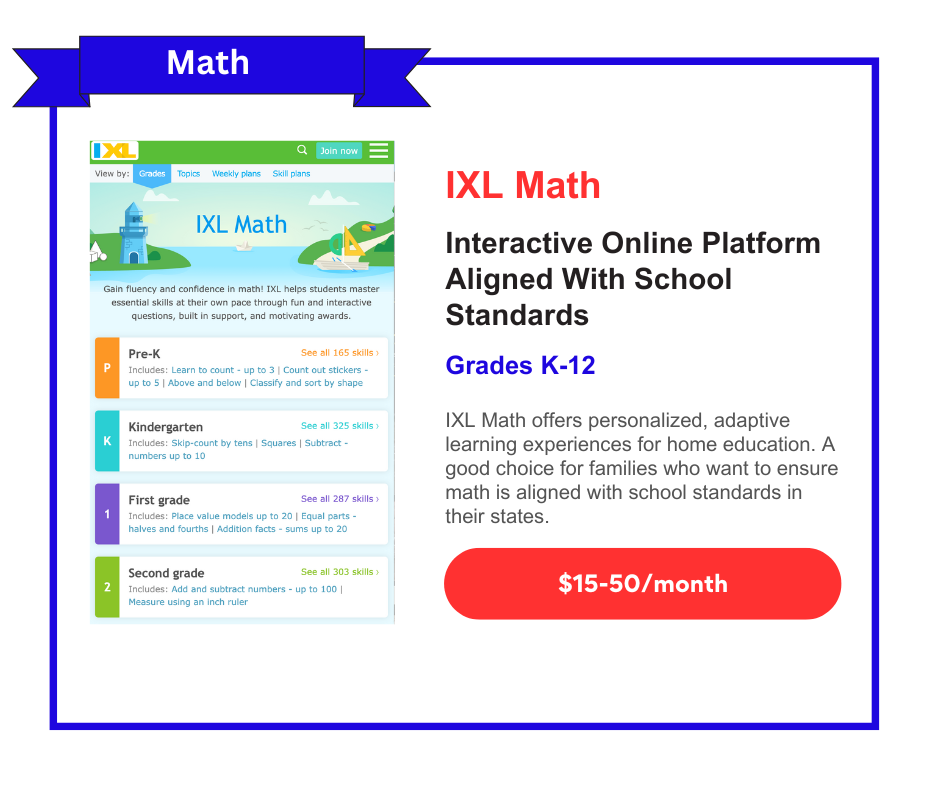
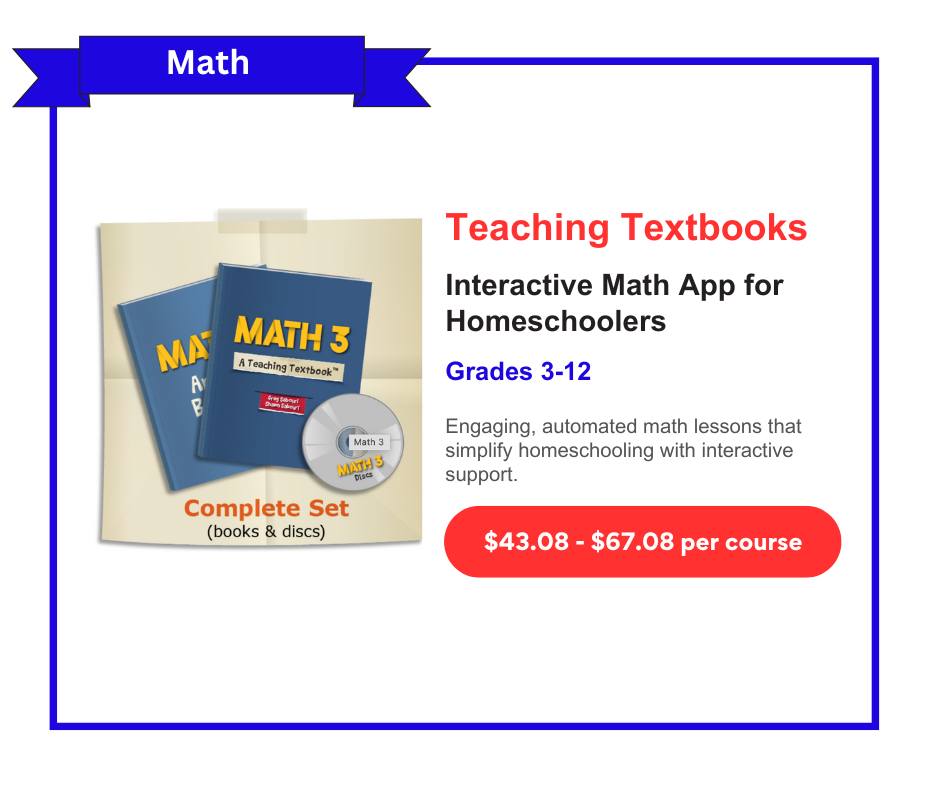
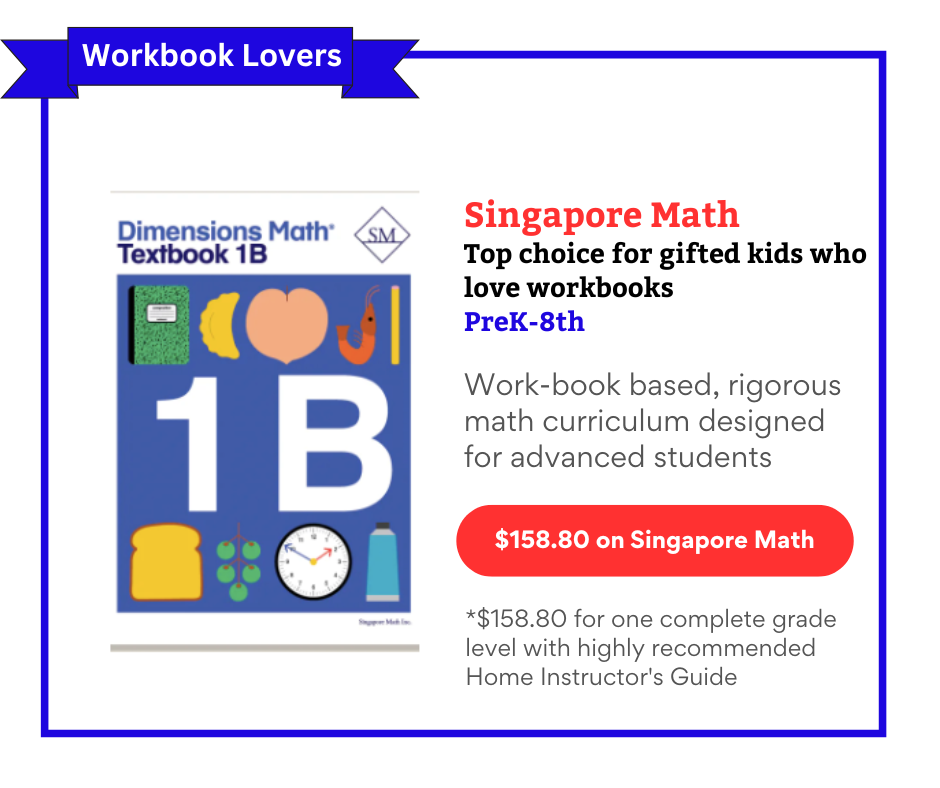
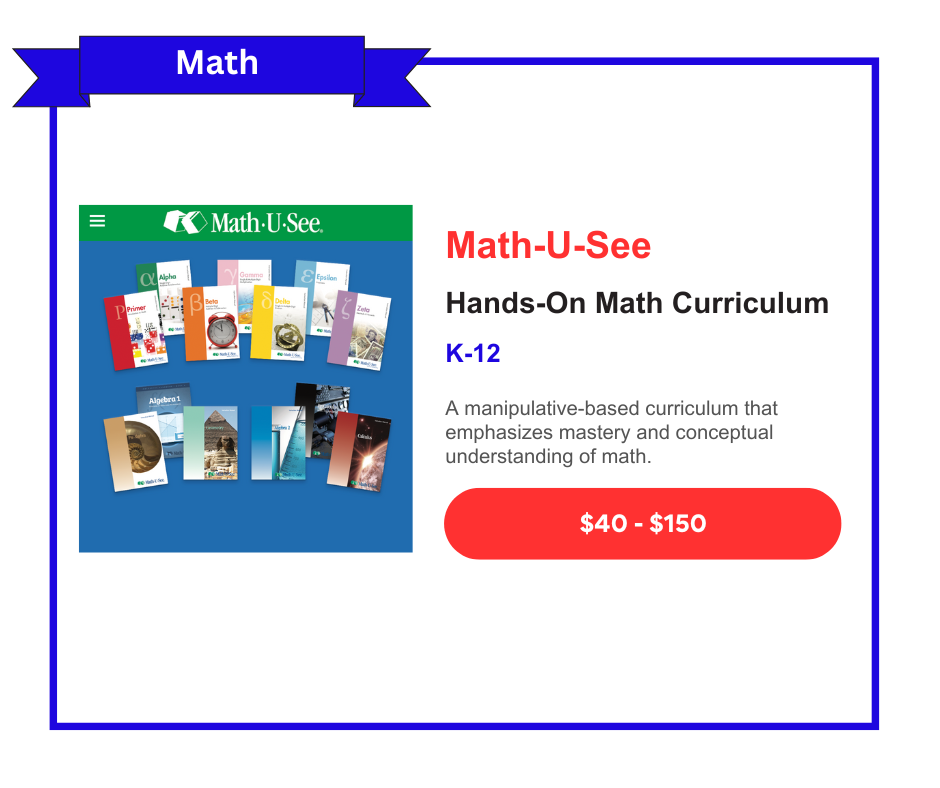

Explore real parents' experiences with Prodigy the Game as a learning tool for their children. Discover the pros, cons, and key tips for utilizing this engaging, game-based math platform effectively. Learn who it's best suited for and how to maximize its educational benefits.